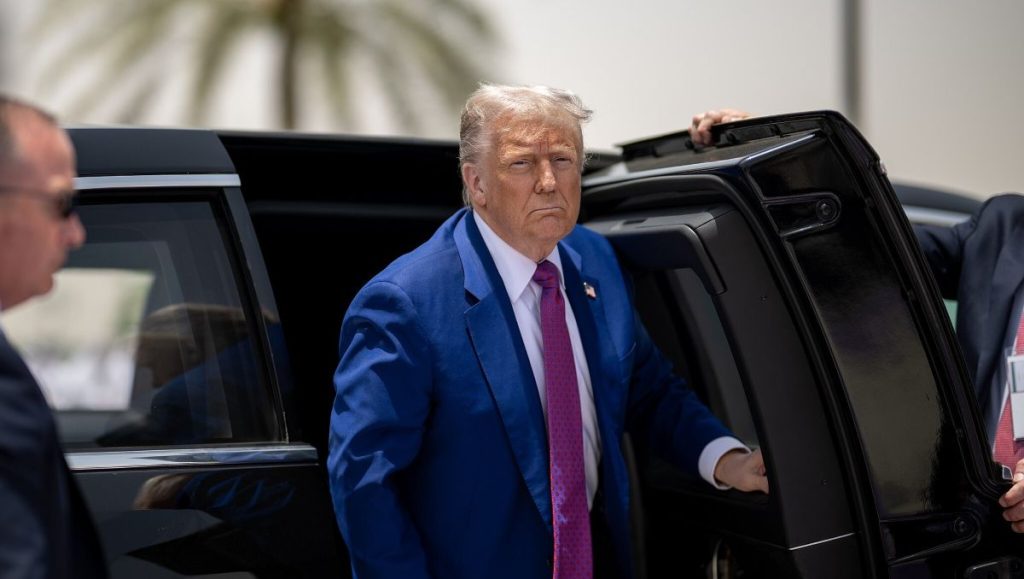Donald Trump’s withdrawal from mediating Ukraine-Russia talks hands a strategic advantage to Vladimir Putin, who continues to manipulate the peace process to suit his maximalist goals.
Others are reading now
There are peace negotiations, and then there is political theater. The latest round of diplomacy between Russia and Ukraine—set against the backdrop of a two-hour call between Donald Trump and Vladimir Putin—has delivered far more of the latter.
Despite months of anticipation, the talks in Istanbul produced little beyond optics. Trump, who once claimed he could end the war in 24 hours, now appears to be backing out altogether.
Trump Steps Back, Putin Steps Forward
In a carefully worded statement, Trump noted that “the conditions for [the peace] will be negotiated between the two parties, as it can only be”—a stark contrast to earlier promises of decisive intervention. More troubling still, as The Guardian reports, Trump praised the economic potential of closer ties with Russia, ignoring the atrocities and aggression that have defined Moscow’s war in Ukraine.
According to political scientist Olga Chyzh, this rhetorical about-face plays directly into Putin’s strategy.
Also read
“Once again, the Russian president got what he wanted without even showing up to a meeting that he himself requested.”
Putin’s Calculated Stalemate
Putin has long avoided direct talks with President Volodymyr Zelenskyy. Not for lack of agenda, but because recognizing Ukraine’s leader means acknowledging Ukraine’s sovereignty—a move incompatible with Putin’s imperial worldview.
“In Putin’s view, Ukraine isn’t a country and therefore cannot have a legitimate government,” writes Chyzh.
Despite over three years of war, Russia’s battlefield performance has undercut its own negotiating position. Territorial gains remain marginal—“a handful of fields and abandoned villages”—while the Russian economy reels under sanctions and military overstretch. In contrast, Ukraine has stabilized frontlines, rallied global support, and defied expectations.
“Ukraine has demonstrated that it can hold its own,” Chyzh observes. “Its battlefield success has bolstered its leverage at the negotiating table.”
No Deal Without Reality
Yet Russia clings to maximalist demands: sweeping territorial concessions, demilitarization, and regime change. Putin refuses to recalibrate, demanding what he cannot take by force and hoping time or global distraction will hand him victory.
“What he is… is a master manipulator,” argues Chyzh. “He believes that if he cannot take Ukrainian territory by force, he can secure it through narrative.”
This narrative is carefully tailored for sympathetic Western voices—particularly those in Trump’s orbit. Putin’s strategy is less military than rhetorical: to wear down resistance with illusion and ambiguity, rather than open confrontation.
The Cost of Waiting
Russia’s lead negotiator, Vladimir Medinsky, reportedly told Ukraine’s delegation:
“[Russia] fought with Sweden for 21 years.”
It’s not an offhand historical note—it’s a threat, and a message. Russia is prepared to wait, to draw out the war until the West falters.
But Chyzh insists that strategy must not be rewarded.
“If the goal is to stop the bloodshed, the only way forward is to force Russia to face reality rather than manufacturing its own.”
As long as the Kremlin is allowed to dictate the framework of negotiation, there is little hope for peace—only more time bought for aggression.


